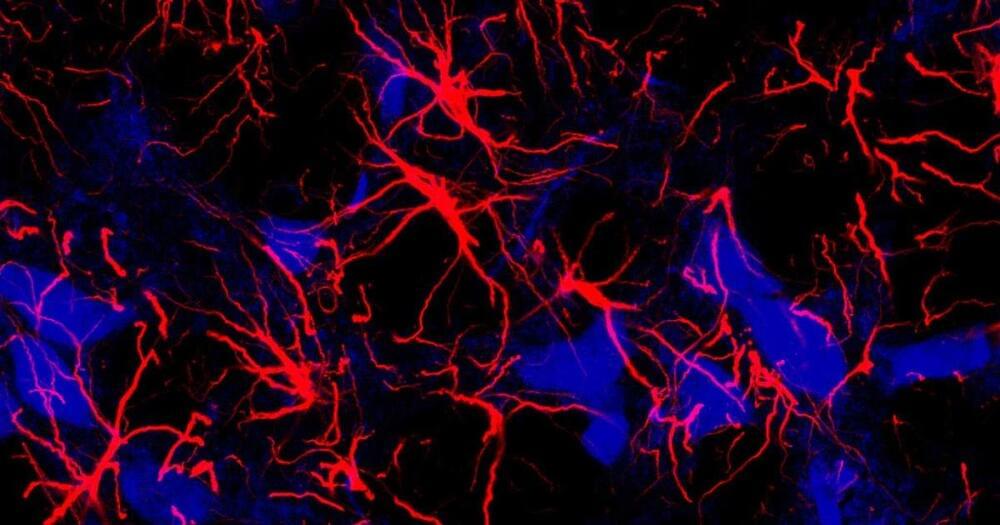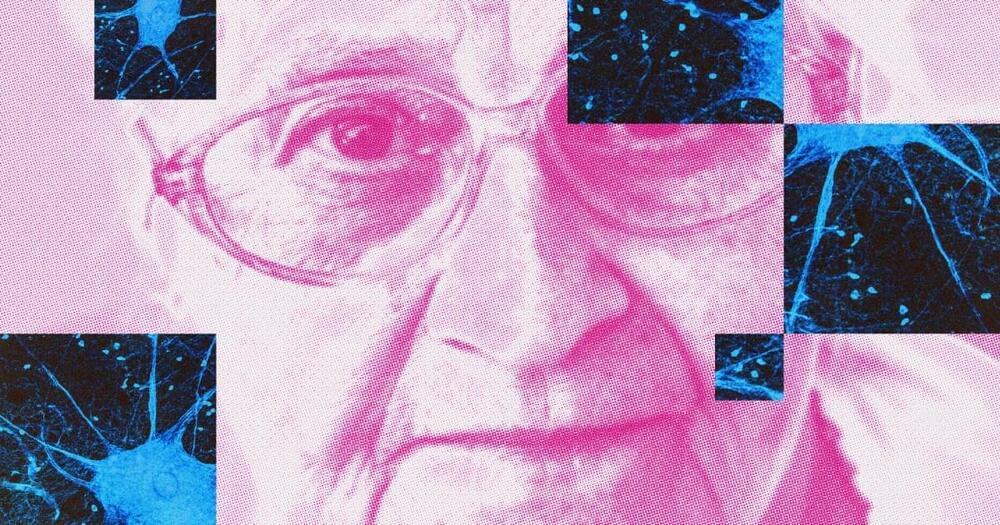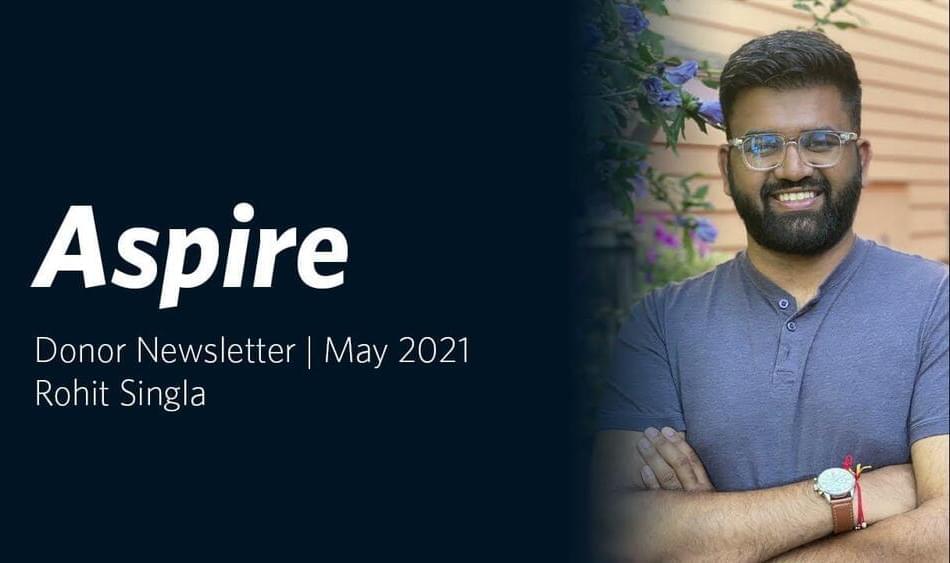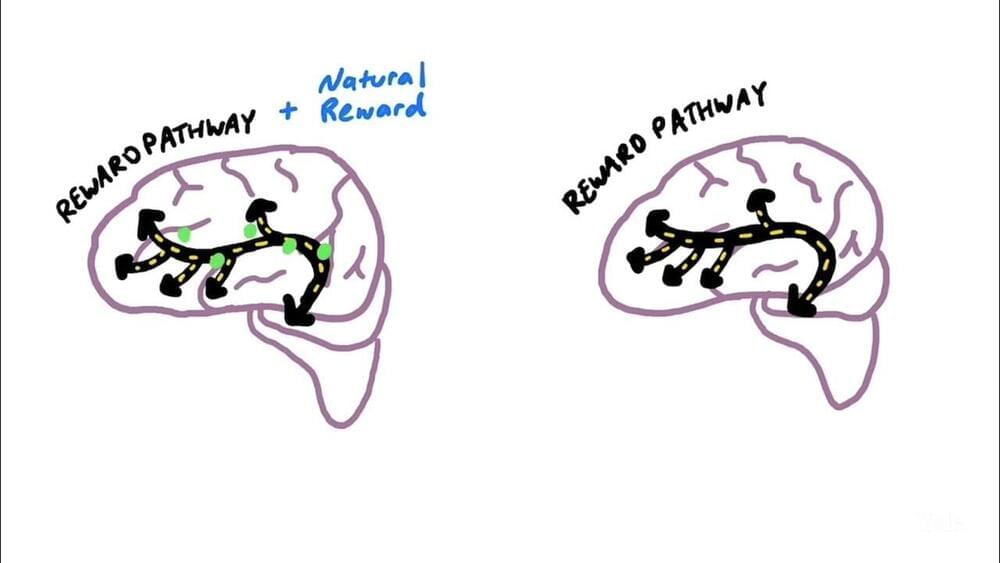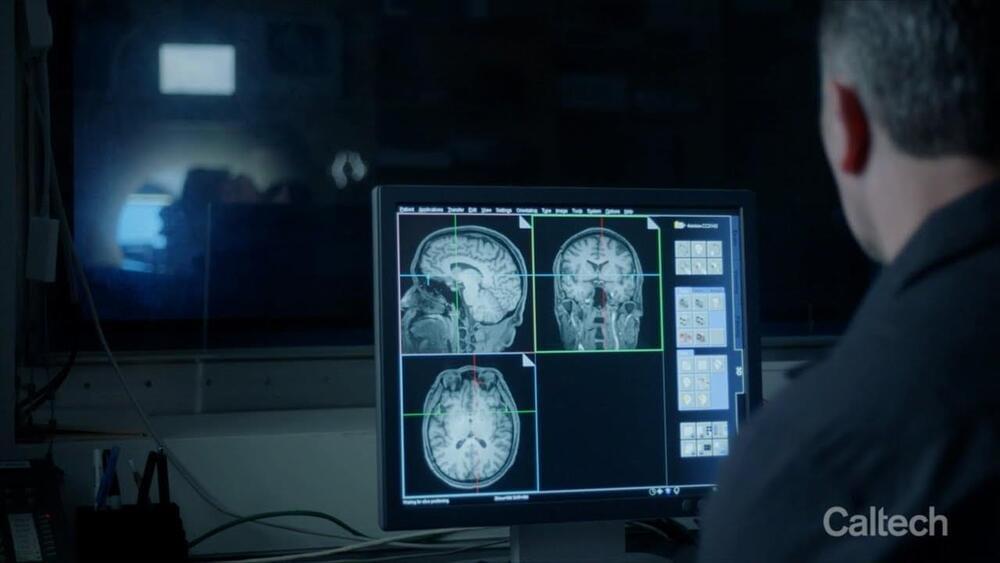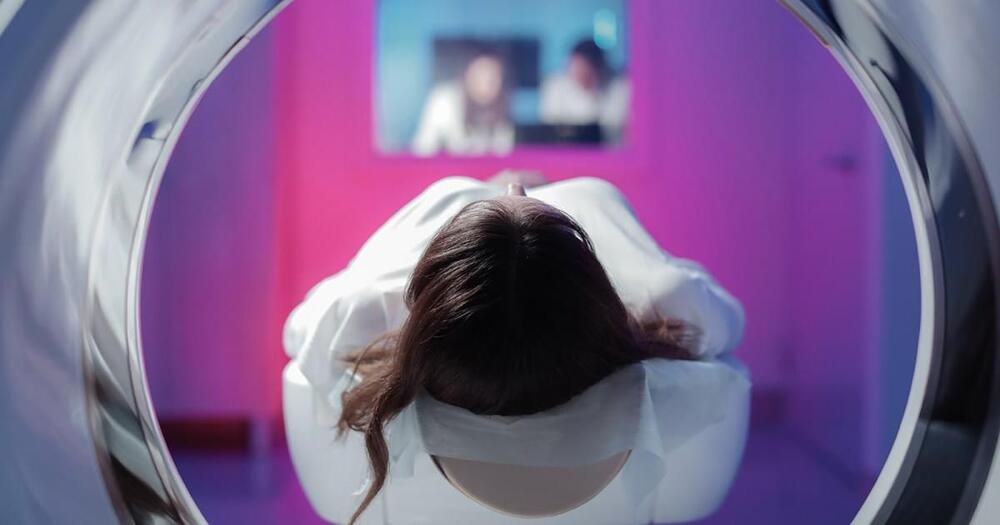
Columbia University researchers have identified patterns of brain injury linked to “hidden consciousness” — and the discovery could lead to better outcomes for people in comas or vegetative states.
Hidden consciousness: Severe brain injuries can cause “disorders of consciousness” (DoC), such as vegetative states, in which a person looks awake, but lacks any indication they are aware of their surroundings, and comas, where they appear neither awake nor aware.
An estimated 15–20% of people with a DoC are also experiencing a phenomenon called “cognitive motor dissociation” (CMD), or “hidden consciousness.” That means they are aware of what’s going on around them, but they can’t physically respond to it.
